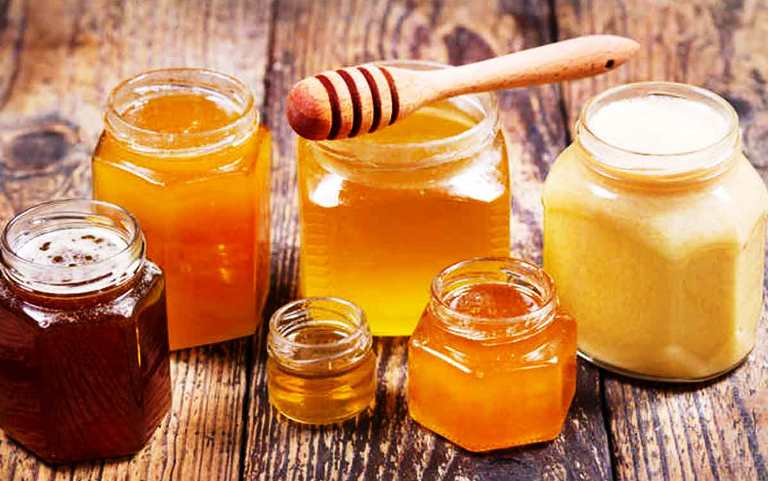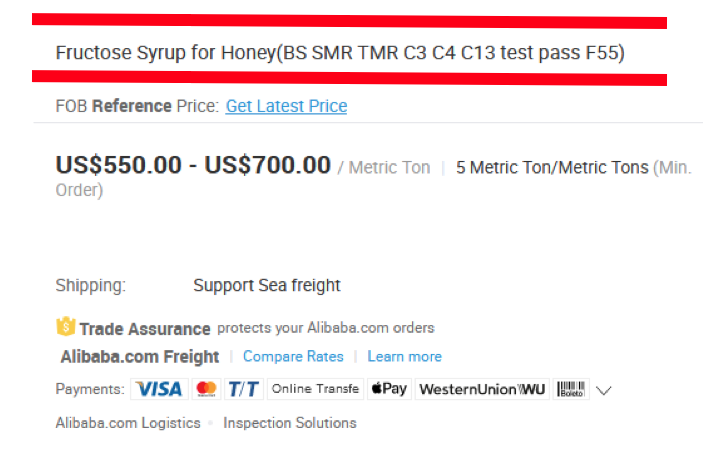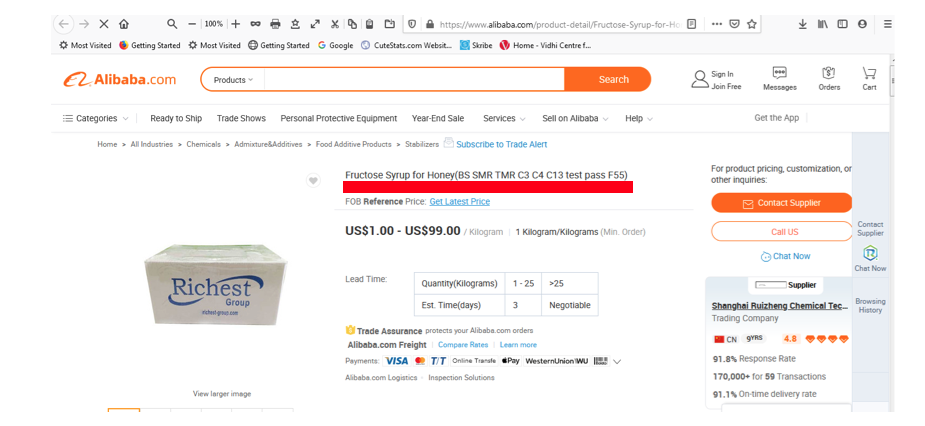77% Of Indian Honey Samples Fail Global Test For Sugar Adulteration, Says CSE

In what could have serious ramifications including on public health, an in-depth investigation carried out by New Delhi-based Centre for Science and Environment (CSE) has found sugar adulteration in a majority of Indian honey brands that were tested. The list includes some of the top names in India which market honey.
‘It's not honey but sugar that we are having’, CSE director general Sunita Narain told GoNewsIndia.
A total of 13 brands including small and big were selected to check for purity of honey and only 3 brands of Indian honey including Saffola, Markfed Sohna and Nature’s Nectar managed to pass all the tests which check for purity of honey from adulteration with Sugar syrup. According to CSE, 22 samples of the 13 brands were first sent to Indian labs including the Centre for Analysis and Learning in Livestock and Food (CALF) at the National Dairy Development Board (NDDB) which was set up by an act of Parliament and its subsidiaries include Mother Dairy. Here only 1 sample failed the test for presence of sugar syrup in honey, the rest all passed. The samples were also sent to a laboratory in Germany, which conducts the Nuclear Magnetic Resonance (NMR) laboratory test which is used as a global standard to test for presence of such modified sugar syrups. Here only 3 of the samples passed the tests including Saffola, Markfed Sohna and Nature’s Nectar (one out of two samples) brands of honey. The remaining 10 other Indian brands including brands such as Dabur, Patanjali, Baidyanath, Zandu, Hitkari and Apis Himalaya, all failed the NMR (Nuclear Magnetic Resonance) test, according to CSE. Interestingly, the NMR laboratory test, which is considered the global standard for detecting presence of sugar syrup was mandated by the Central Government for all honey which is meant for export from India since August 1 this year; however, this test is not mandatory for honey which is sold in India. "This means that the government and the food regulator is aware that there could be an adulteration of honey and was an important starting point for our investigation," Sunita Narain told GoNewsIndia. According to CSE and data available from online trade portals, sugar syrup is available for Rs 60-70 a kilo and can be even cheaper if bought in bulk. Whereas beekeepers say that they can only survive if they get a minimum of Rs 120/kg for their natural honey. It's simple business which is driving the industry. The CSE investigation also found that Chinese companies were supplying the C3 and C4 variant of sugar-based syrup in India. These syrups, the companies openly claim on Chinese trade portals like Alibaba can easily pass detection of the C3 and C4 type of sugar syrups.
A total of 13 brands including small and big were selected to check for purity of honey and only 3 brands of Indian honey including Saffola, Markfed Sohna and Nature’s Nectar managed to pass all the tests which check for purity of honey from adulteration with Sugar syrup. According to CSE, 22 samples of the 13 brands were first sent to Indian labs including the Centre for Analysis and Learning in Livestock and Food (CALF) at the National Dairy Development Board (NDDB) which was set up by an act of Parliament and its subsidiaries include Mother Dairy. Here only 1 sample failed the test for presence of sugar syrup in honey, the rest all passed. The samples were also sent to a laboratory in Germany, which conducts the Nuclear Magnetic Resonance (NMR) laboratory test which is used as a global standard to test for presence of such modified sugar syrups. Here only 3 of the samples passed the tests including Saffola, Markfed Sohna and Nature’s Nectar (one out of two samples) brands of honey. The remaining 10 other Indian brands including brands such as Dabur, Patanjali, Baidyanath, Zandu, Hitkari and Apis Himalaya, all failed the NMR (Nuclear Magnetic Resonance) test, according to CSE. Interestingly, the NMR laboratory test, which is considered the global standard for detecting presence of sugar syrup was mandated by the Central Government for all honey which is meant for export from India since August 1 this year; however, this test is not mandatory for honey which is sold in India. "This means that the government and the food regulator is aware that there could be an adulteration of honey and was an important starting point for our investigation," Sunita Narain told GoNewsIndia. According to CSE and data available from online trade portals, sugar syrup is available for Rs 60-70 a kilo and can be even cheaper if bought in bulk. Whereas beekeepers say that they can only survive if they get a minimum of Rs 120/kg for their natural honey. It's simple business which is driving the industry. The CSE investigation also found that Chinese companies were supplying the C3 and C4 variant of sugar-based syrup in India. These syrups, the companies openly claim on Chinese trade portals like Alibaba can easily pass detection of the C3 and C4 type of sugar syrups.


Latest Videos
















